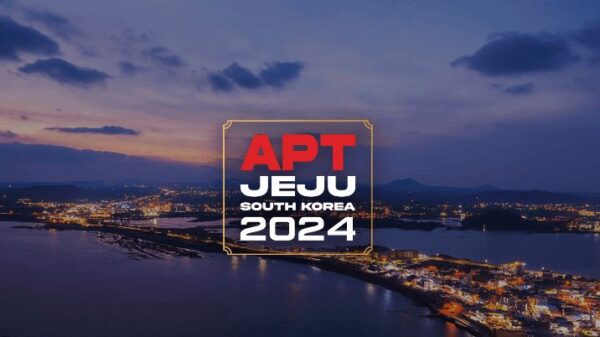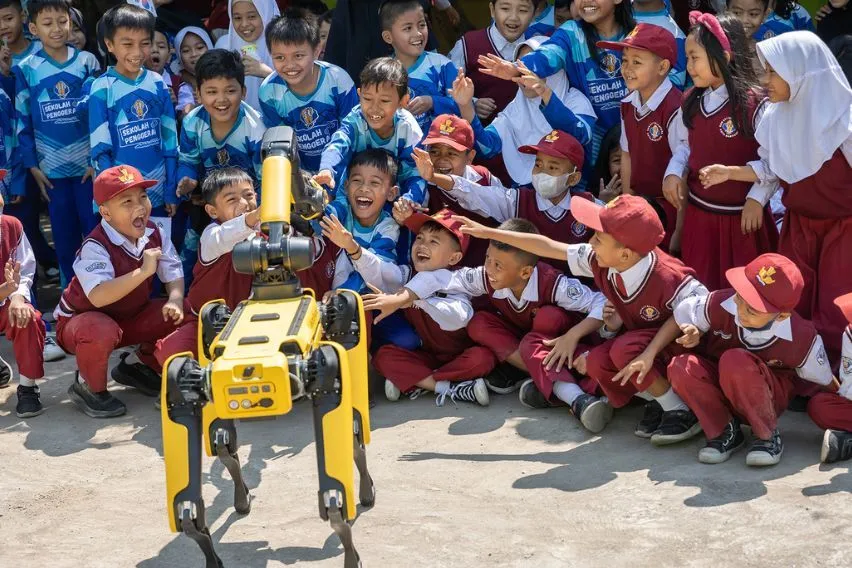The “Let’s Dream Together with Hyundai Motors: Future Mobility School” is an education program started in South Korea by Hyundai Motor Company in 2016. It consists of classes that enable students to understand mobility and technologies in related industries and to explore various jobs involved.
Hyundai Motor believes this could help students, who will eventually be part of the so-called “4th industrial revolution,” choose the type of job they want and take the initial steps toward achieving their dreams.
The 4th industrial revolution refers to the next phase in the digitization of the manufacturing sector: The convergence of connectivity, advanced analytics, automation, and advanced-manufacturing technology.
The project will introduce young people to the wonders of mobility and hopefully encourage them to be part of the industry when they grow up.
Since its introduction in 2016, over 46,500 South Korean students have participated in the Future Mobility School Program. In 2024, Hyundai will be launching the program in the Philippines and Thailand.
In collaboration with the Unesco Asia-Pacific Centre of Education for International Understanding and the South Korean Ministry of Education, the Future Mobility School Program was initially implemented in 12 schools in Asean — three in Indonesia, five in Malaysia and four in Cambodia — last August.
The program selected 23 skilled teachers from South Korea to provide a variety of learning activities for primary, junior and senior high school students.
Youngtack Lee, EVP and head of Hyundai Motor Asean headquarters said in a statement: “Hyundai is committed to using mobility for the betterment of humanity, and we believe that education plays a pivotal role in shaping the next generations, especially in Asean, with their demographic bonus.”
“The Future Mobility School Program is one of the ways we can prepare youths in Asean for emerging career paths so they can become leaders of the mobility industry.”
Just like the one being implemented in South Korea, students will be able to learn about innovations in the mobility industry, such as autonomous driving systems, electrification and eco-friendly mobility.
The program is specifically designed to provide an educational experience through hands-on projects, discussions and workshops, that will prepare them to face any mobility transformation.
For primary and junior students, three different classes are provided: “Eco-Friendly Mobility Saving Our Planet,” “Making Our Future Mobility” and “Creating a Future City.”
In these classes, students are encouraged to show their creativity and unique vision of “cities and vehicles of the future” through clay sculptures and drawings. As an introduction to eco-friendly mobility solutions, students take part in making keychains using recycled materials.
Senior students have two advanced courses — Understanding Autonomous Driving Technology” and “Autonomous Driving Mobility Experience” — where they learn about safety technologies used in autonomous driving systems and create their own model cars to test the autonomous driving features firsthand.
A recent survey in South Korea shows that 98 percent of teachers were satisfied with the program, while 97 percent of students answered that the program helped them set their career paths. The proponents of the Future Mobility School Program are confident that its success in South Korea could be replicated in Asean.
Indeed, the implementation of the program in the Philippines next year is something worth looking forward to.

















